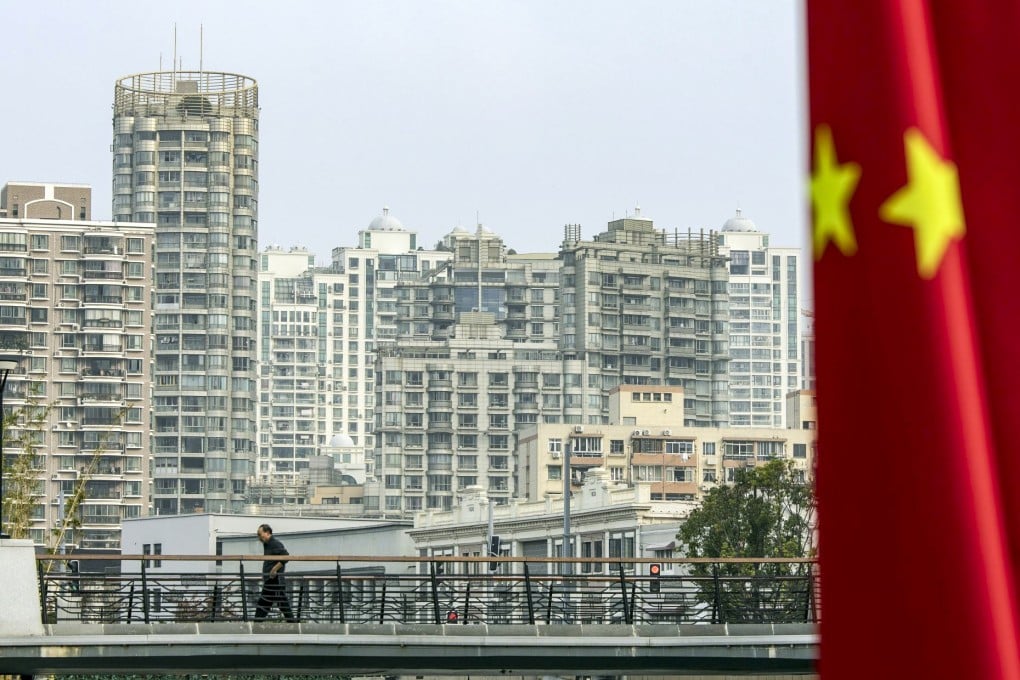Moody’s says Beijing’s support for property sector not enough to dispel gloomy outlook
- Uncertainties around an economic slowdown, zero-Covid restrictions and fear that pre-sold homes might not be completed are all weighing on the sector, rating agency says
- Contracted property sales will continue to fall 10 per cent to 15 per cent by the end of 2023 due to weak demand, senior analyst says

“China’s property sector remains [with] a negative outlook, as contracted property sales will continue to fall 10 per cent to 15 per cent by the end of 2023 due to weak demand,” Kelly Chen, a senior Analyst at Moody’s, said in a report released on Thursday.
The People’s Bank of China (PBOC) and the China Banking and Insurance Regulatory Commission (CBIRC) jointly issued a notice to financial institutions on Friday, laying out plans to ensure the “stable and healthy development” of the property sector. The notice included 16 measures, such as new policies to address the liquidity crisis at developers, as well as a loosening of down-payment requirements for homebuyers.
Following that, commercial banks were allowed to issue letters of guarantee to real estate firms for presale housing funds in escrow, according to a notice published by the CBIRC on Monday. These funds will be prioritised for payments linked to construction projects and to the repayment of debts, the notice said.